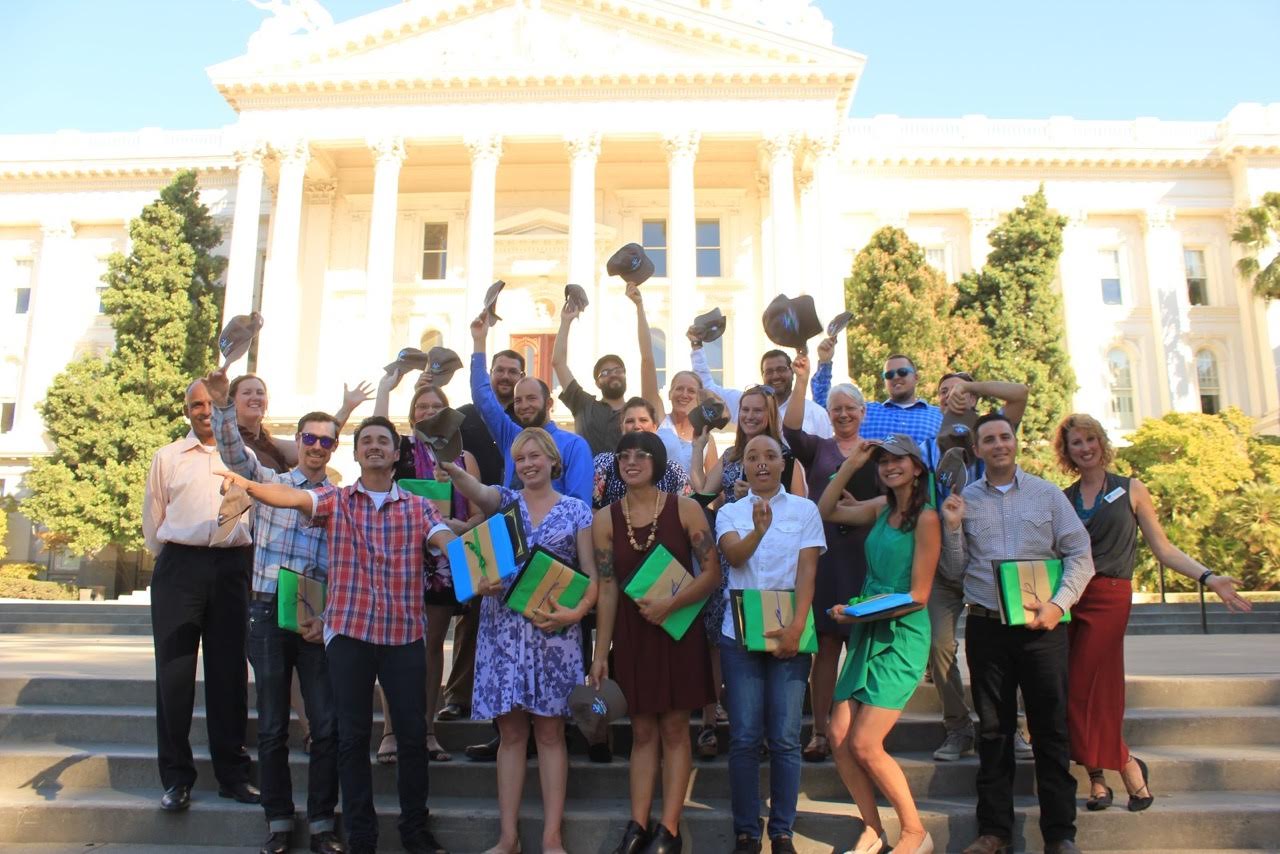Agriculture Grads in High Demand
Many Grads are Interested in Day-to-Day Farming
By Jessica Theisman, Associate Editor
There is a big demand for college graduates with agricultural degrees, especially in plant and crop sciences. California Ag Today spoke with Shannon Douglass, first vice president of the California Farm Bureau Federation and a recruiter for CalAJobs, about the need for agriculture grads.
“I often encourage people to minor in crop science,” Douglas said.
If you are a business major, having some background in crop science is beneficial. As a farm manager, understanding the crops are going to be vital.
“I encouraged animal science majors to think about getting a minor in crop science to understand what we are feeding those animals that they are studying, because that is a huge piece of California agriculture,” Douglass said.
Everything from agronomy and soil science to irrigation and pest control management are vital. Many college graduates are interested in being involved in the day-to-day farming operation.
“I talked to a class at Chico State a couple of weeks ago, and there are a lot of young people that they really want to be in the farming,” Douglass said.
Many students do not want to be in sales, but a large majority would like to be the farmers themselves.
“I really encourage them that you can absolutely be a day-to-day farmer and not necessarily a farm owner,” she said.
Douglass is also a recruiter for CalAgJobs.
“It is a private company, and we work with internships as a grant-funded project. In fact, it is completely free for both the employer and the student to use,” she explained.
These internships are a tool in helping to get those that are in college to look at these ag careers, particularly in specialty crops and crop science overall. Internships can be a wonderful gateway into long-term careers.
“The second part of our website is a classified type job-posting service,” she said.
CalAgJobs uses social media and targeting along with a weekly email.
“Another part of our business is the recruitment services that we offer. We work with employers who need more help on some of these really tough to fill jobs,” Douglass said.
CalAgJobs does their best to help fill those employment opportunities to help others run their farms.
For more information on internships or job postings, visit CalAgJobs.com.














